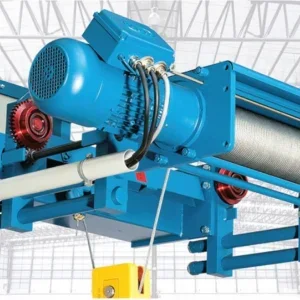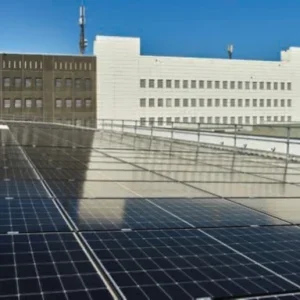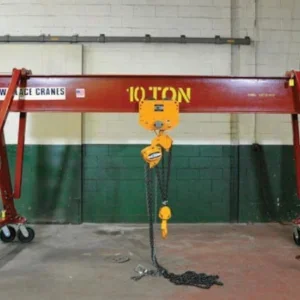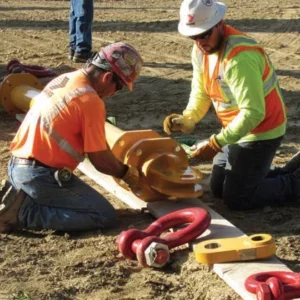Tokyo-based Inpex Corporation is a major oil and gas company in the field of extraction and processing. The centrepiece of the group’s portfolio is its Ichthys LNG project, valued at a stunning $34bn.
Setting the scene Key to this is the world’s largest semisubmersible platform, which will extract 8.4 million tonnes of liquid natural gas and 1.6 million tonnes of liquid propane gas (LPG) per annum.
The processing of the extracted gas starts on the Central Processing Facility (CPF). At this point, water and other liquids are eliminated, which includes large amounts of gas condensate. This, the base material for plastics or fuel, is pumped onto a floating production storage and offloading facility (FPSO), which is anchored in the vicinity, and then offloaded onto tankers.
Inpex Corporation’s dedicated FPSO vessel is currently being built in Daewoo Shipbuilding & Marine Engineering’s (DSME) South Korean shipyard while the all-important crane technology was designed and manufactured by Eilbeck Cranes, Stahl CraneSystems’ Australian partner for explosion-protected crane systems.
International requirements
According to the manufacturer, international projects of this magnitude have a wealth of requirements and specifications from the contractor, the countries involved and the responsible test authorities which have to be met. Inpex required the systems to fulfil its own specification, predominantly dictated by the Total group companies.
Australian Standards, and the invitation to tender, demanded detailed testing for equipment to be used in both hazardous and non-hazardous areas. Strict specifications by the marine classification company DNV include design testing and certification. A certified overload test with up to 125% of the maximum working load made the project a challenge, which only a few specialised crane builders in the world were able to accept.
Prior to awarding the contract for the crane technology, Inpex, along with DSME assessed a number of crane manufacturers across the globe prior to awarding it to Eilbeck Cranes, a specialist for explosionprotected crane systems. Eilbeck Cranes demonstrated that it was in a position to meet the strict project requirements around design and implementation Experience in engineering
Eilbeck Cranes, which had previously supplied a number of cranes for the Inpex Ichthys onshore facility in Darwin through EPC contractor JKC Australia, convinced the international joint venture of its abilities.
It was able to gain the contract on the basis of numerous reference projects in the Australian gas industry, its fabrication facilities, and the high quality and safety standards guaranteed by the Stahl CraneSystems components quoted.
The major order comprised six cranes, which included a "spectacular" customised design solution for lifting the thrusters of the FPSO vessel. The crane needed to be reliable and also available immediately if maintenance work is necessary on the thrusters. The company’s double girder overhead travelling crane has a safe working load of 70t and is equipped with two SHWF8 50t winches.
Two 5t wire rope hoists act as fast auxiliary hoists, while the crane components feature a fully redundant design as specified by the client. In addition, the crane is equipped with an offstandard centrifugal brake with which the load can be safely lowered in the event of a power failure.
The drives for the long and cross travel are rack and pinion. This enables the crane to be used on the vessel even in rough sea conditions while all the hoists on the thruster crane were equipped for offshore use, and possible contact with seawater. Six Eilbeck cranes are installed in the offshore facility, with three of them specified in an explosion-protected design. The cranes are utilised for transporting containers, or as maintenance cranes for the machinery.
Stahl CraneSystems’ wire rope hoists and crane components are used on all cranes with the FPSO crane components designed for ambient temperatures up to 45°C. They are also equipped with space heaters so they are always available, even at low temperatures. Delivered to Korea at the beginning of 2014, the cranes are currently being erected in the DSME yard inside the FPSO.
"It was a challenging project, with a great many specifications, particularly high quality standards, certification by the DNV, load tests in our production plant and specialised documentation requirements," explains Onkar Pathak, a crane specialist at Eilbeck.






